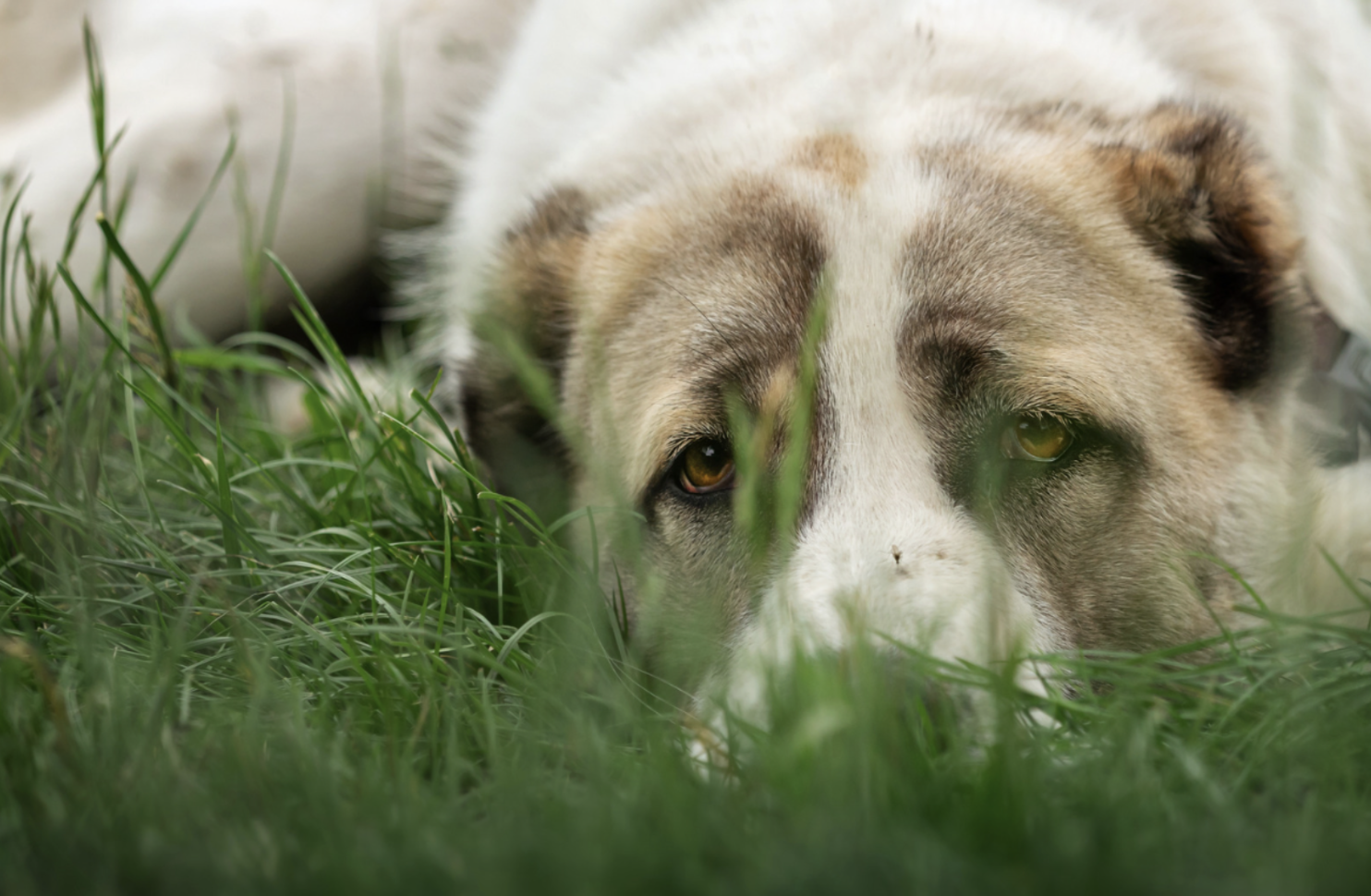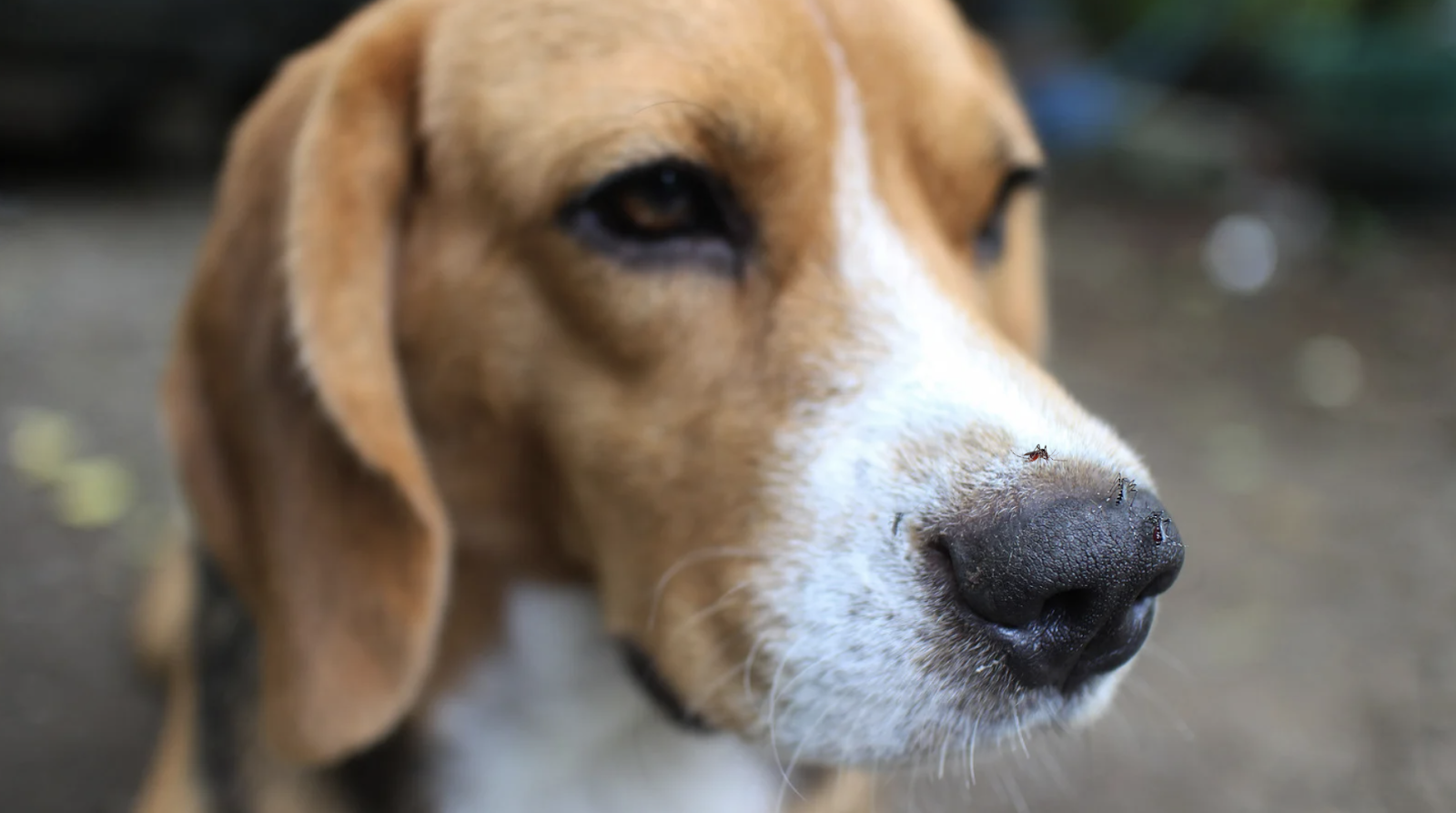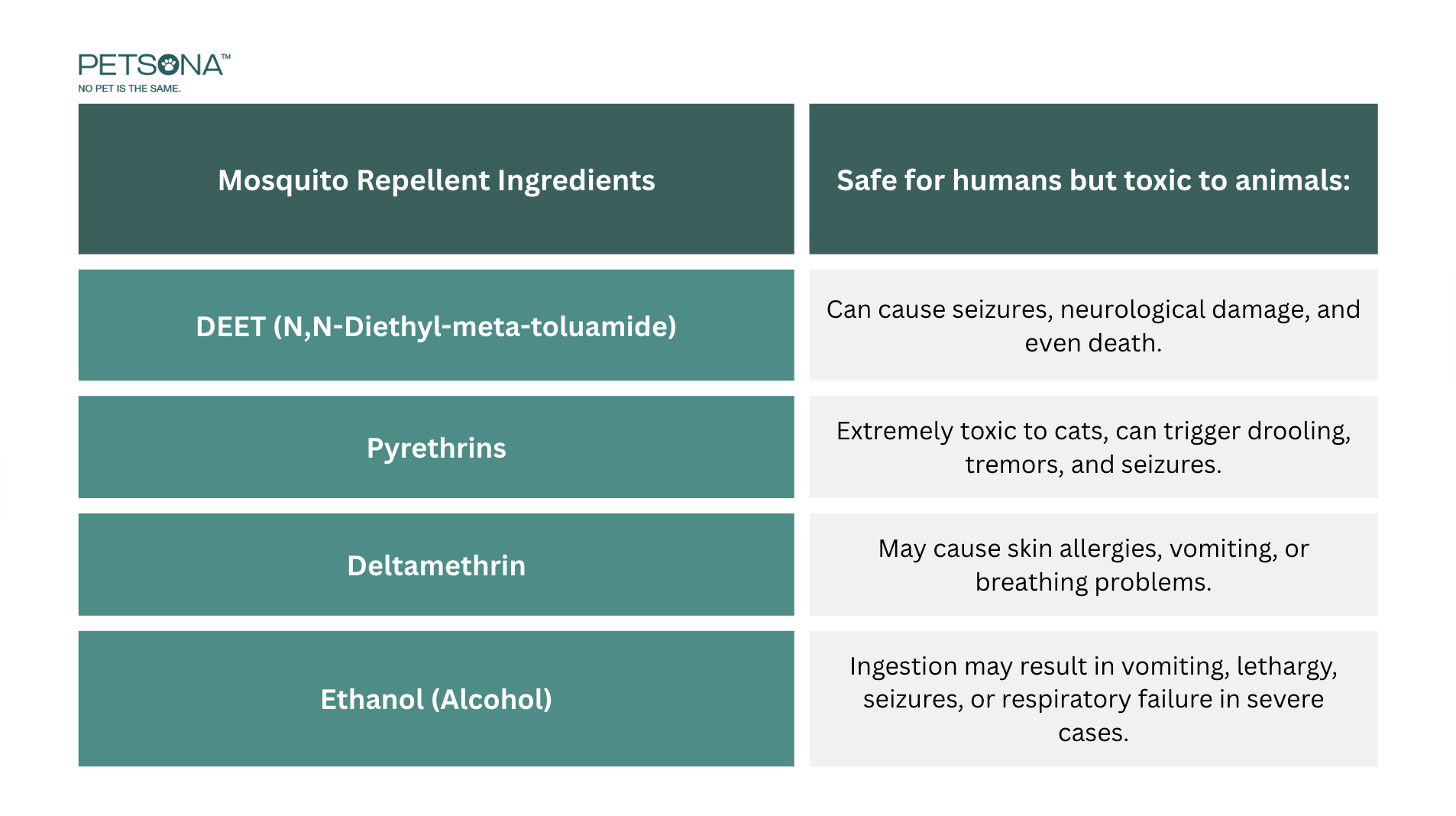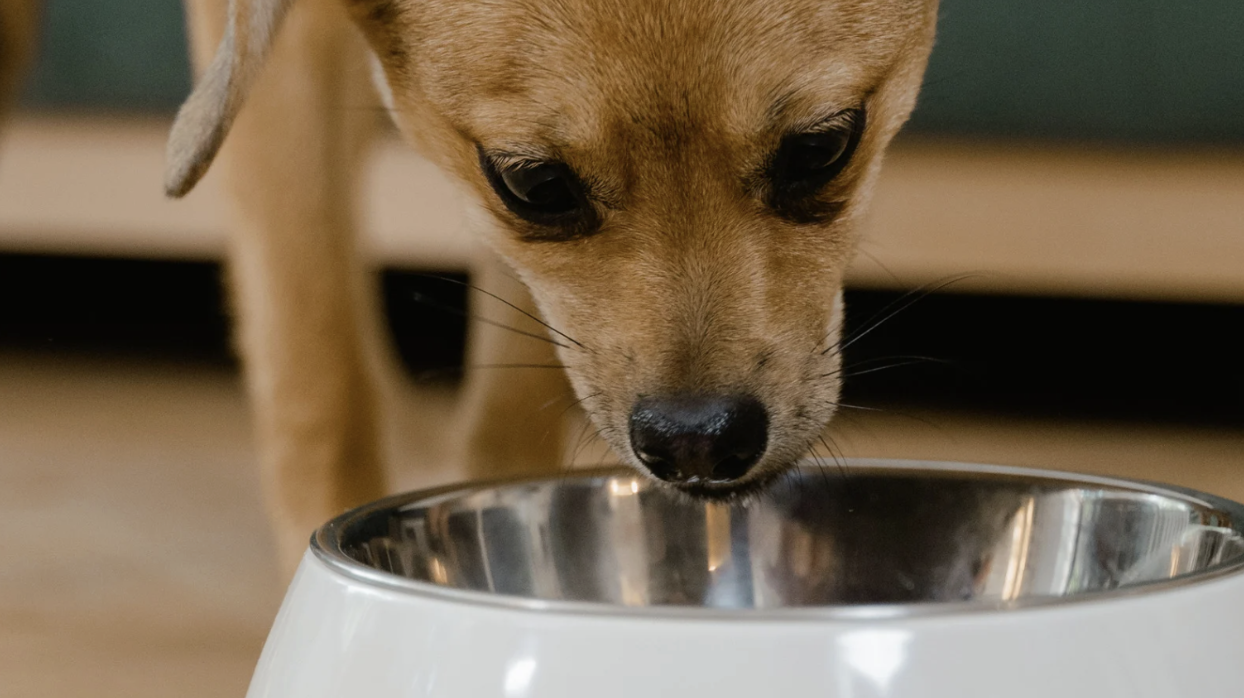


In summer, mosquitoes are rampant, and many pet owners prepare mosquito-repellent products for their furry companions. But did you know? Many mosquito sprays, patches, or coils on the market may be safe for humans but can pose deadly risks to dogs and cats.
In this article, Petsona will analyze the risks of common harmful ingredients (such as DEET, pyrethrin, ethanol, etc.) and propose safer protection strategies tailored for Hong Kong’s humid summer climate.
Hong Kong’s hot and humid summers provide ideal breeding conditions for mosquitoes. Whether during a walk in the park or resting on the balcony, pets can easily become the first target of mosquitoes.
Besides bites causing redness or skin sensitivity, a more serious risk is that some mosquitoes can transmit heartworm, which is especially dangerous for dogs.

Heartworm disease is a parasitic infection transmitted through mosquito bites. When an infected mosquito bites a dog, it transmits heartworm larvae into the body, which eventually lodge in the heart and pulmonary arteries.
Symptoms: Early stages are not obvious, but as parasites increase, dogs may develop coughing, shortness of breath, fatigue, and in severe cases, heart failure or even death.
Prevention is key: In addition to using safe mosquito-repellent products for pets, regular deworming is essential to protect dogs.
Many human mosquito-repellent products contain the following ingredients, which may cause poisoning or neurological damage in pets:

Even “natural” essential oils can harm pets. Risky ones include:
1. Heartworm Prevention (Most Important!)
Mosquitoes are the main carriers of heartworm, and infection can be fatal. Regular heartworm prevention is essential:
💡 Reminder: Heartworm prevention must be continued year-round without interruption. If a dose is missed, administer it as soon as possible. If more than two weeks late, still give it, but a blood test should be arranged six months later.
2. Safe Mosquito-Repellent Products
Ensure mosquito repellents do not contain toxic ingredients; avoid using human mosquito sprays.
Choose products specifically designed for pets — ask at trusted pet supply stores.
Recommended brand: Vet’s Best Mosquito Repellent Spray for Pets.
3. Combination Mosquito + Parasite Control
Some products on the market can also repel fleas and ticks while killing or repelling mosquitoes:
1. Heartworm Prevention (Most Important!)
Mosquitoes are the main carriers of heartworm, and infection can be fatal. Regular heartworm prevention is essential:
💡 Reminder: Heartworm prevention must be continued year-round without interruption. If a dose is missed, administer it as soon as possible. If more than two weeks late, still give it, but a blood test should be arranged six months later.
2. Safe Mosquito-Repellent Products
Ensure mosquito repellents do not contain toxic ingredients; avoid using human mosquito sprays.
Choose products specifically designed for pets — ask at trusted pet supply stores.
Recommended brand: Vet’s Best Mosquito Repellent Spray for Pets.
3. Combination Mosquito + Parasite Control
Some products on the market can also repel fleas and ticks while killing or repelling mosquitoes:
Frontline Tri-Act ⚠️ Always consult a veterinarian before use to ensure safety.
So, how do you choose a suitable mosquito repellent for your pet?First, make sure the product is specifically formulated for pets, and carefully review the ingredient list.Next, avoid products containing DEET or other substances harmful to animals. Instead, opt for repellents with safe yet effective active ingredients.When applying the product, avoid spraying it directly onto sensitive areas such as your pet’s eyes, mouth, or nose, and prevent them from licking the repellent. Always follow the usage instructions provided.In short, when selecting a mosquito repellent for pets, it’s important to consider both ingredient safety and repellent effectiveness, while ensuring proper application so your furry companion can enjoy a comfortable and safe environment during the summer.
Q1: Can I use human mosquito spray on my dog or cat?
Absolutely not! Human products contain DEET, citronella, or essential oils that can cause severe poisoning in pets. Only choose pet-specific products.
Q2: What should I do if my pet accidentally licks or inhales mosquito repellent?
Immediately contact a veterinarian and bring the product packaging. Note your pet’s symptoms and the time of exposure to help the vet diagnose and treat.
In Hong Kong’s hot and humid summers, mosquito protection is not just about comfort — it’s about life and death. Heartworm, transmitted by mosquitoes, is one of the deadliest threats to dogs.
To protect your furry friend, always remember:
Petsona reminds all pet parents: Mosquito protection + heartworm prevention = complete protection for your pets.


